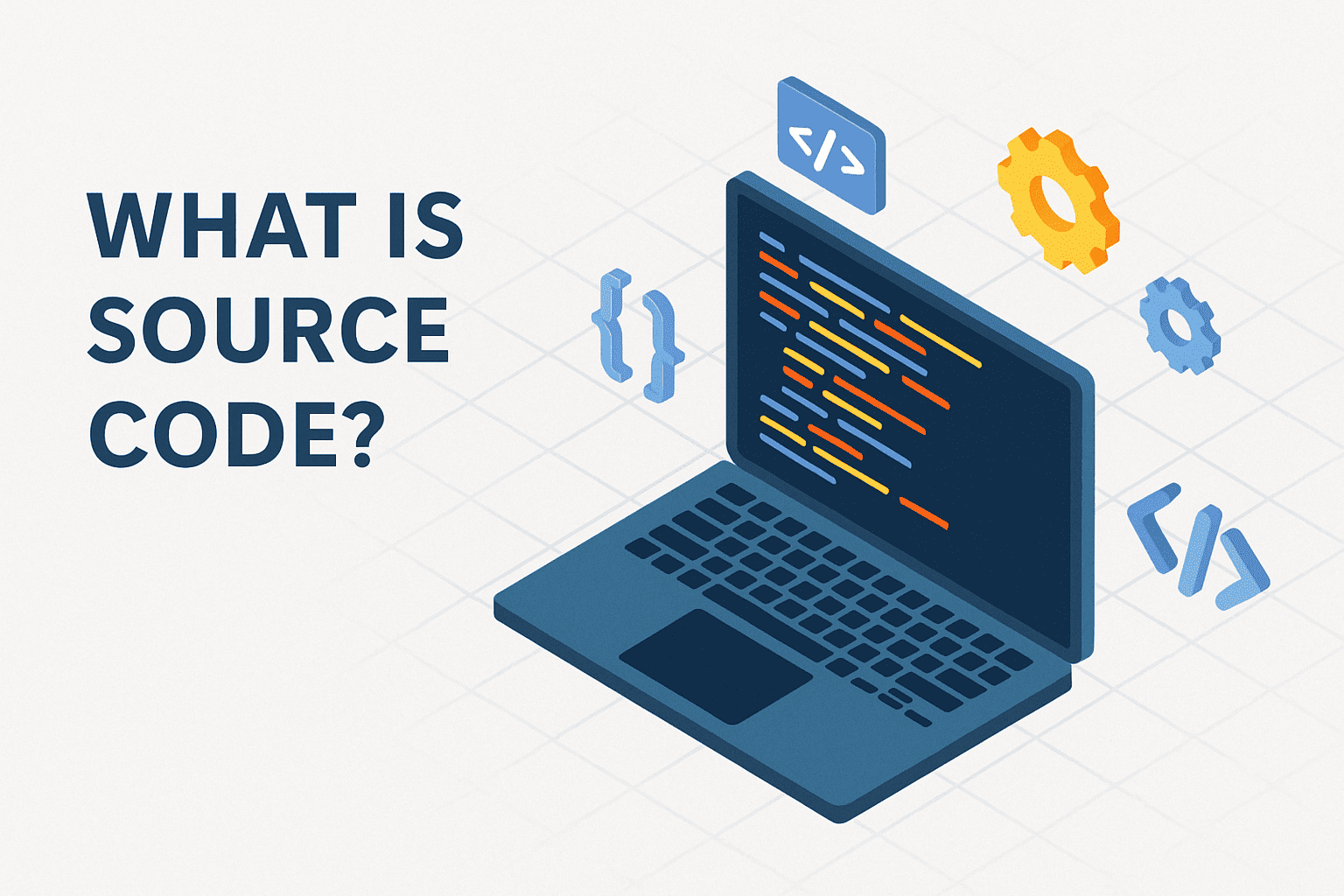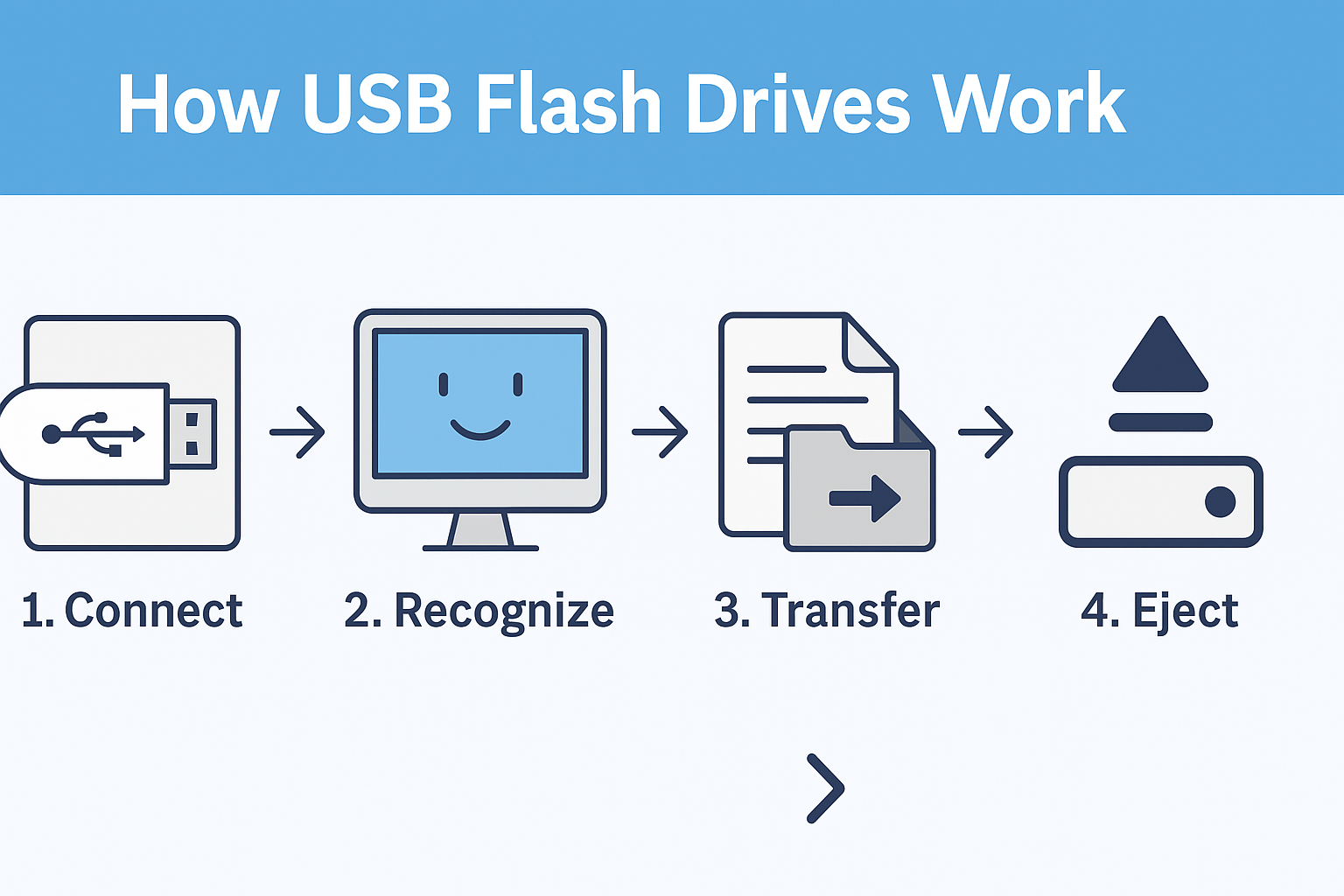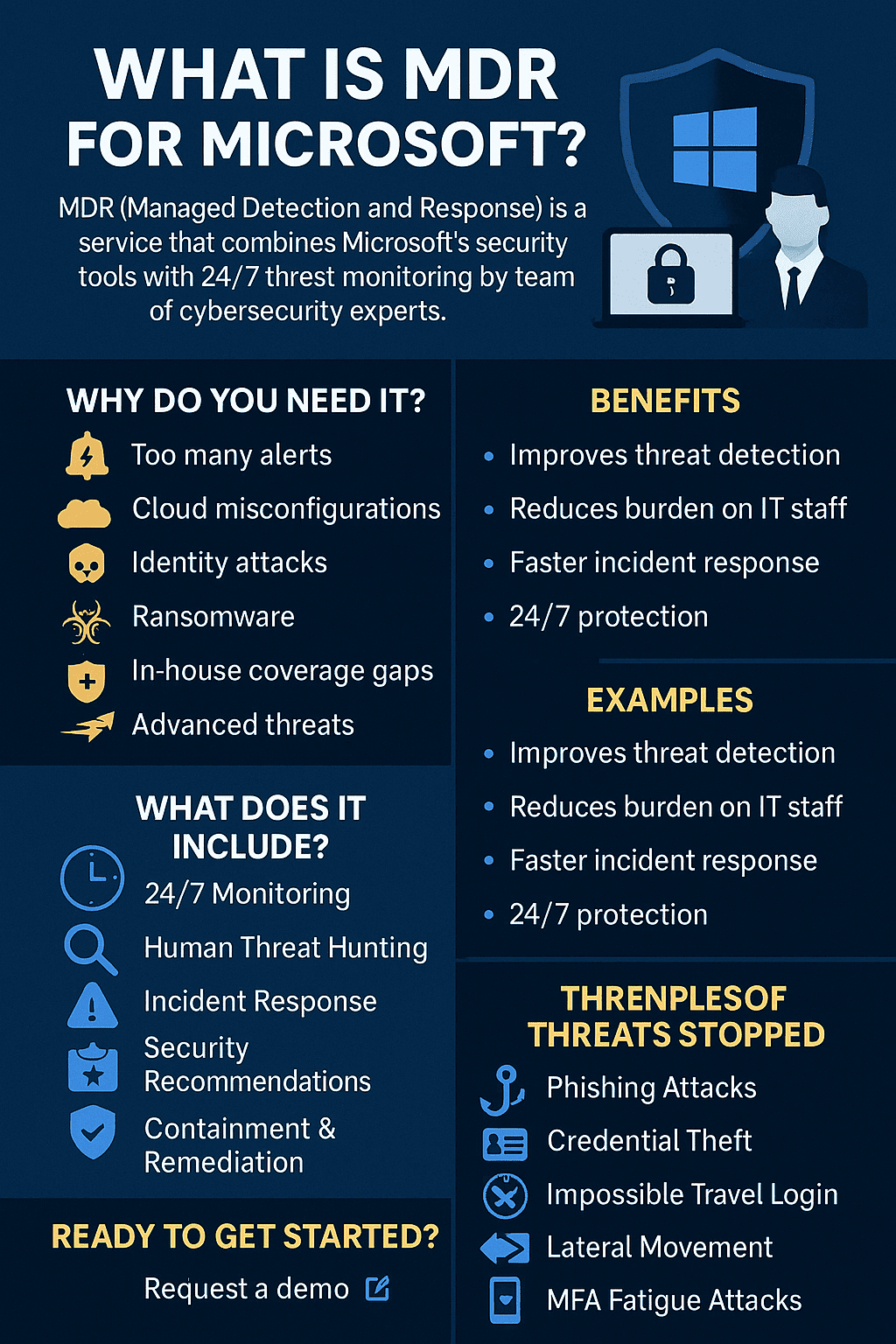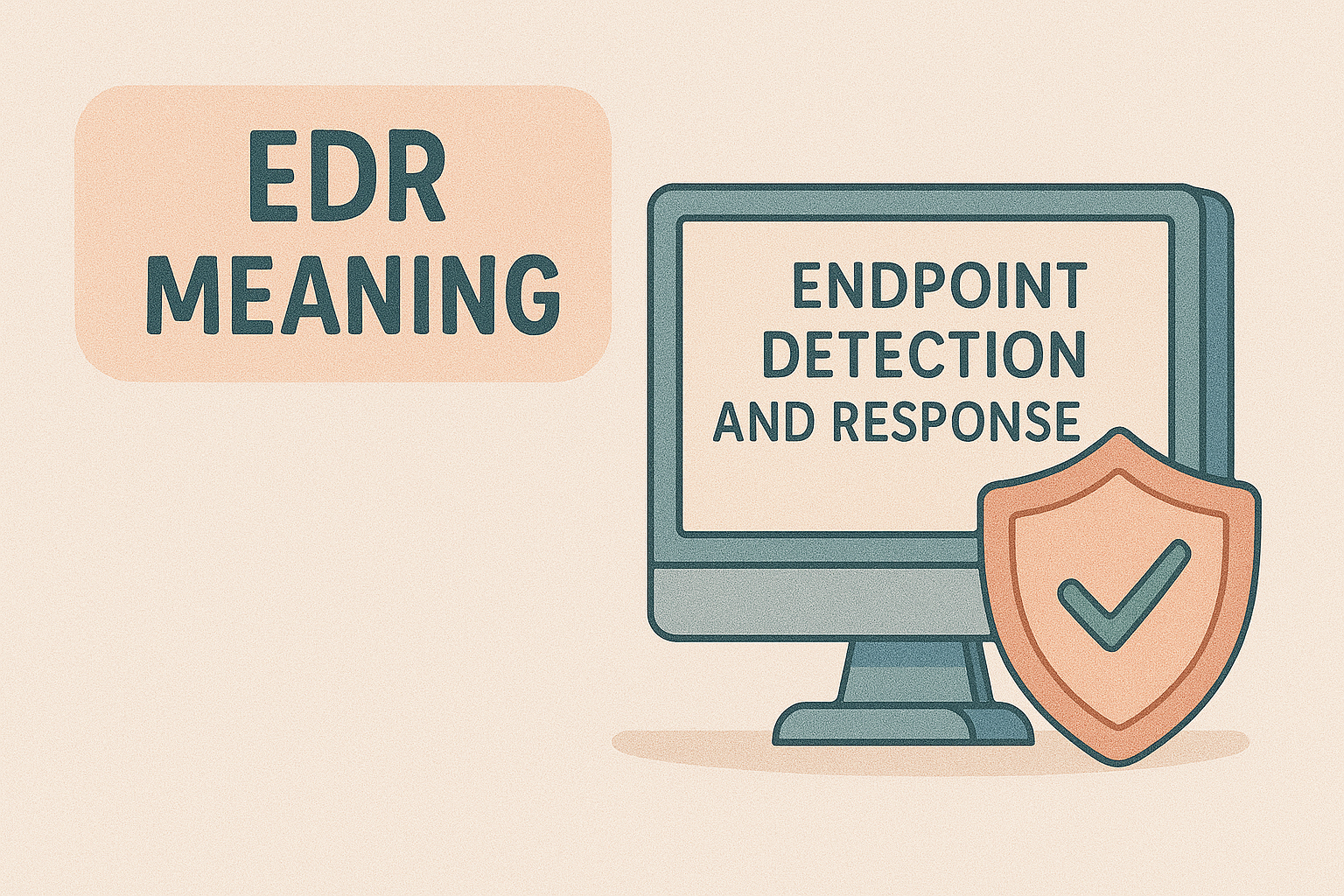What Is a Firewall? A Complete Guide to Firewall Security
Updated on June 25, 2025, by Xcitium
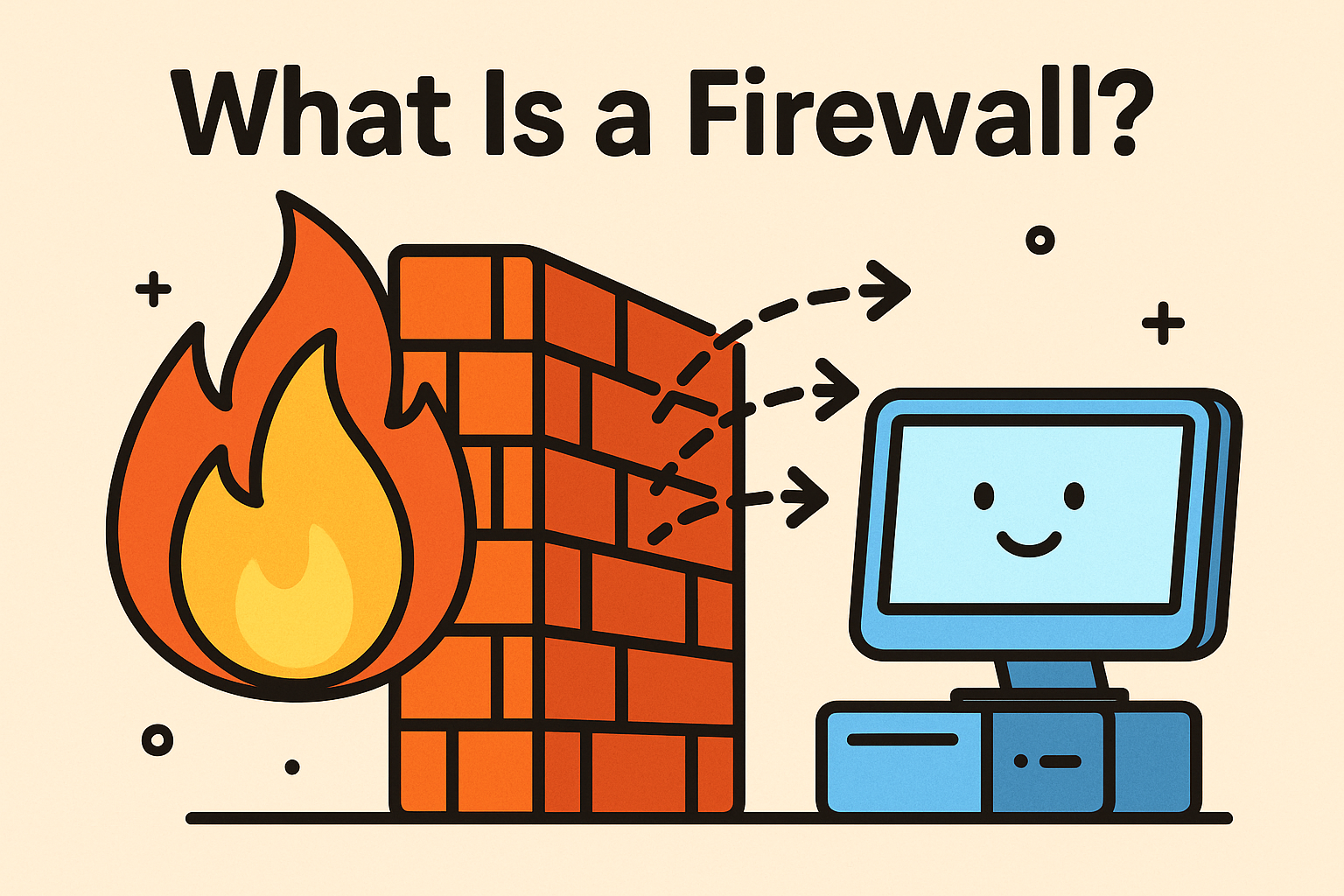
In a digital world where cyberattacks occur every 39 seconds, businesses and individuals alike need to ask: What is a firewall and why is it essential for cybersecurity? A firewall acts as your first line of defense—monitoring and controlling incoming and outgoing network traffic based on predetermined security rules. Whether it’s a network firewall or a web application firewall, the importance of firewalls cannot be overstated in today’s threat landscape.
🔍 Firewall Definition: The Basics
At its core, a firewall is a security system—either hardware, software, or a combination of both—that filters traffic between your internal network and the outside world. It blocks malicious traffic, unauthorized access, and suspicious behavior.
Key Firewall Functions:
- Traffic Filtering: Inspects data packets entering and leaving the network.
- Access Control: Allows or denies access based on rules.
- Monitoring: Keeps logs of activities and alerts for anomalies.
- Protection: Defends against malware, phishing, and denial-of-service (DoS) attacks.
🧱 Types of Firewalls
Understanding different types of firewalls helps organizations choose the right fit.
1. Network Firewall
These sit at the gateway between your internal network and the external world. Most routers include a basic network firewall.
2. Web Application Firewall (WAF)
A web application firewall protects web apps by filtering HTTP traffic. It defends against threats like cross-site scripting (XSS) and SQL injection.
3. Next-Generation Firewall (NGFW)
These include deep packet inspection, intrusion prevention systems (IPS), and app-level monitoring—going beyond basic packet filtering.
4. Cloud Firewall
Perfect for organizations using cloud services, these offer scalable protection.
5. Hardware Firewall
A physical appliance installed between the internet and your internal network. Ideal for enterprises needing high-performance defense.
🛡️ Why Firewall Security Matters
Without firewalls, your data and operations are exposed. Here’s why you should care:
- Cyber Threats Are Rising: Ransomware, spyware, and zero-day threats are evolving daily.
- Compliance: Regulations like HIPAA, GDPR, and PCI-DSS require strong network protection.
- Data Protection: Safeguards customer data, intellectual property, and internal assets.
- Remote Work Needs: As teams access resources from home, firewalls offer secure entry points.
🛠️ Setting Up a Secure Firewall
Best Practices:
- Define Clear Policies: What should be allowed in and out?
- Use Layered Security: Combine firewalls with antivirus and encryption.
- Monitor Logs: Watch for unusual activity.
- Update Regularly: Patch vulnerabilities before attackers do.
- Employ a Web App Firewall: Especially if your business relies on a website.
📈 Firewall for Cybersecurity: Enterprise Considerations
Large organizations often integrate firewalls into a larger cybersecurity framework. Here’s what to consider:
- Scalability: Can it grow with your business?
- Centralized Management: Manage rules across multiple sites.
- AI-Driven Analytics: Smart firewalls can detect patterns in attacks.
- Integration with SIEM Tools: For real-time incident response.
🔁 Firewall vs Antivirus: Are They the Same?
Nope! A firewall filters traffic, while antivirus software removes malicious software. Think of a firewall as a bouncer and antivirus as a cleanup crew.
| Security Layer | Function |
| Firewall | Prevents unauthorized access |
| Antivirus | Detects and removes malware |
| IDS/IPS | Detects/blocks intrusions |
| VPN | Encrypts data transmission |
🧮 Composite Defense Strategy: Combine Firewall Types
Use different firewall types together:
- Network Firewall + Web App Firewall = Comprehensive threat protection
- Cloud Firewall for remote teams
- Hardware Firewall at corporate headquarters
✅ Benefits of a Strong Firewall Security System
- 🚫 Blocks cyberattacks
- 🔐 Secures sensitive data
- 🧭 Ensures compliance
- 🧰 Integrates with security tools
- 🛠️ Customizable rules and alerts
✅ Summary Checklist
Here are key tips for using firewalls effectively:
- Use a firewall at every network entry point
- Deploy a WAF if you host web apps
- Regularly update firmware/software
- Audit firewall rules quarterly
- Train staff on security best practices
📢 Ready to Strengthen Your Cybersecurity?
Firewalls are not a luxury—they’re a necessity. Protect your business and gain peace of mind.
👉 Request your free demo now at Xcitium
❓ FAQ: What Is a Firewall?
1. What is the firewall definition in cybersecurity?
A firewall is a security mechanism that monitors and filters incoming and outgoing network traffic based on security rules.
2. How does a web application firewall differ from a regular firewall?
A WAF protects websites and online applications by filtering traffic at the application level, whereas traditional firewalls operate at the network level.
3. What are some popular firewall types?
Network firewalls, web application firewalls, hardware firewalls, cloud firewalls, and next-generation firewalls (NGFWs).
4. Is a firewall enough for full security?
No. While crucial, it should be part of a broader security strategy including antivirus, encryption, and user awareness training.
5. Can small businesses benefit from firewalls?
Absolutely. Even basic firewall security drastically reduces risk for small businesses and home offices.







